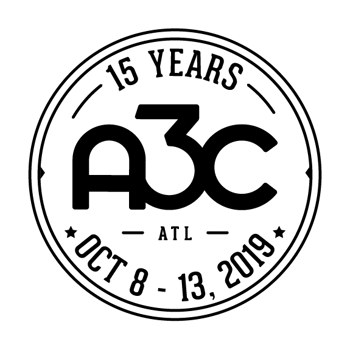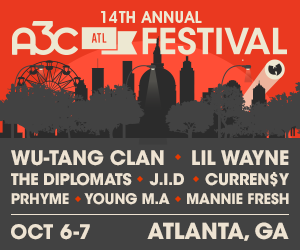By 1996, Death Row Records was making well over $100 million a year.
Five years prior to their peak in popularity, industry figures Suge Knight, Dr. Dre, and The D.O.C founded Death Row Records in spite of the frustration that came with being associated with Ruthless Records, the record label influenced by the N.W.A superstars. Signing some of the 90’s most influential rap stars, such as Tupac Shakur, Snoop Dogg, Nate Dogg and MC Hammer, all eyes in hip-hop were dead set on this potential dream team.
Death Row potentially held the biggest influence on the hip-hop sub-genre “gangsta rap.” The labels chosen name, and it’s artist troubled lives, mirrored the type of music in which it specialized. Around the same time Snoop Dogg’s album “Doggy Style” was released, controversy began to swirl around the label after the LBC-rapper picked up a murder charge.
If they didn’t have everyone’s attention before Snoop Dogg's court case, they definitely earned their spot in the limelight once he was acquitted. In some eyes, the idea of gangsta rap quickly changed from a music genre into something politicians began to call “a threat to law enforcement,” but that didn’t stop the show. The rejection Death Row records received from police and political figures only increased their wide acceptance among the hip-hop community. Sure, it was all about guns, violence, drugs, and money --- but it was still an art form.
In the midst of it all, Tupac released his first record as a member of Death Row in 1996, called “All Eyes on Me.” Could the title have been more fitting? The double album quickly became a bestseller, boosting the status of both 2Pac and the Death Row label. In its first four years of business, Death Row had sold 18 million albums worth about $325 million in total. Unfortunately, co-founder Dr.Dre parted ways with the firm after growing tired of the negativity and stylistic limitations of the gangsta-rap genre. The rights to his previous records remained with Death Row, while he moved on to form his own label, “Aftermath Entertainment.”
A tragic turn in the Death Row legacy came after the shooting of September 7th, 1996. Both Suge Knight and Tupac Shakur were shot while driving through Las Vegas. Suge Knight was only grazed by a bullet, but 2Pac was hit four times. Shakur died of complications a week later. After a month or so had passed, Knight was sentenced to 9 years in prison for violating his parole.
Though the loss of the legendary Tupac was tragic, and people all over the world mourned with the members of Death Row. This is where some would argue that all publicity is good publicity, because in the midst of all the turmoil, the label was preparing for the release of new content. The capitalized on the attention they’d received, releasing 4 full albums before the year’s end, including music from both Snoop Dogg and Tupac. Death Row Records had set the tone for gangsta rap by 1996, and despite the label's controversy, their legacy will remain intertwined with hip-hop forever.



